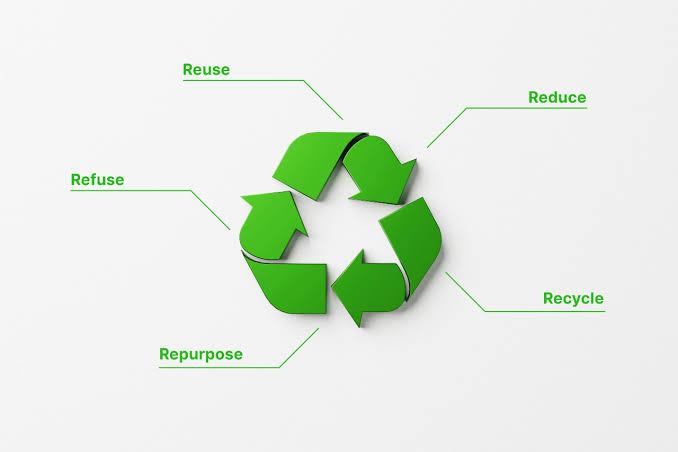In an age of increasing environmental concerns, the **Five R’s** — **Refuse, Reduce, Reuse, Repurpose, and Recycle** — offer a simple yet powerful framework to minimize waste and protect our planet. These principles encourage mindful consumption and responsible waste management.
1. Refuse
The first step is to **refuse** things we do not need. This means saying no to single-use plastics, unnecessary packaging, promotional freebies, and other items that end up as waste. By refusing, we prevent waste at its source.
2. Reduce
**Reducing** means cutting down on what we use and consume. This can include using fewer resources, such as water and electricity, or buying only what we need. It also means choosing products with minimal packaging and opting for durable goods over disposable ones.
3. Reuse
Instead of throwing things away, we can **reuse** them. Glass jars can become storage containers, old clothes can be used as cleaning rags, and shopping bags can be used again and again. Reusing helps extend the life of items and saves resources.
4. Repurpose
**Repurposing** is creatively reusing items by giving them a new function. For example, an old ladder can be turned into a bookshelf, or a broken teacup can become a flower pot. Repurposing helps reduce the need to buy new items and keeps waste out of landfills.
5. Recycle
**Recycling** is the process of turning waste materials into new products. Paper, plastics, glass, and metals can often be recycled, but it’s important to clean and sort them properly. While recycling is important, it should be the last step after the other four R's.

